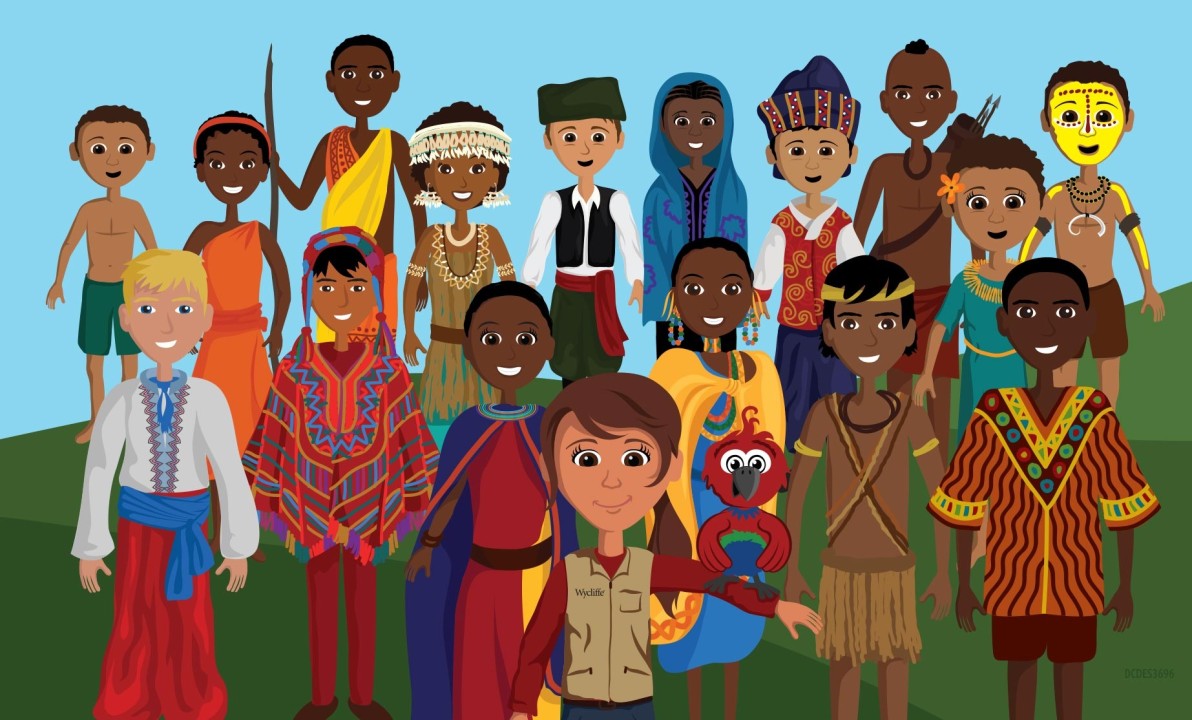Human cultures represent a rich tapestry of traditions and customs that celebrate the essence of community and connection. In this article, we delve into the multifaceted world of human gathering cultures, exploring their significance, diversity, and the profound impact they have on societies worldwide.
The Essence of Human Gathering Cultures
Human gathering cultures encompass a wide range of social gatherings, ceremonies. And rituals that serve as pillars of community cohesion and identity. From religious ceremonies to cultural festivals. These gatherings play a vital role in fostering a sense of belonging and shared purpose among individuals and groups.
Celebrating Diversity in Gathering Practices
Across the globe, diverse cultures and communities engage in a myriad of gathering practices that reflect their unique histories, beliefs, and values. Whether it’s the vibrant festivals of India, the solemn rituals of Japan. Or the communal feasts of indigenous tribes, each gathering tradition offers a window into the rich tapestry of human experience.
The Significance of Ritual and Tradition
Rituals and traditions associated with human gatherings serve as pathways to connect with the past, honor ancestors, and reinforce cultural heritage. Through symbolic gestures, music, dance, and storytelling, these rituals create a sense of continuity and belonging that transcends generations.
Fostering Unity and Solidarity
Human gathering cultures provide opportunities for individuals to come together in times of joy, sorrow, celebration, and reflection. Whether it’s a wedding ceremony, a religious pilgrimage, or a community feast. These gatherings strengthen bonds of kinship, friendship, and solidarity among participants.
The Role of Technology and Globalization
In today’s interconnected world, technology and globalization have transformed the landscape of human gathering cultures. While traditional gatherings persist, modern technologies enable virtual connections. And global exchanges that transcend geographical boundaries, allowing diverse communities to share their traditions and experiences on a global scale.
Challenges and Opportunities
Despite the resilience of human gathering cultures, they face challenges in the face of social, economic, and environmental change. Urbanization, globalization, and environmental degradation pose threats to traditional gathering spaces. And practices, highlighting the need for adaptive strategies that balance tradition with innovation.
Embracing the Future with Respect for the Past
As we navigate the complexities of the modern world. It is essential to recognize the value of human gathering cultures in fostering resilience, empathy, and understanding among diverse communities. By embracing the richness of our collective heritage and honoring the traditions of our ancestors, we can build a more inclusive and harmonious future for generations to come.
Also read this" Friday Fig: A Culinary Adventure "
Conclusion:
In conclusion, human gathering cultures serve as powerful conduits for human connection, expression, and solidarity. As we celebrate the diversity of our world’s traditions and practices, let us strive to preserve and honor the rich tapestry of human experience that unites us all in our shared humanity.
Frequently Asked Questions (FAQs)
- What are some examples of human gathering cultures around the world?
It encompass a wide array of practices, including religious ceremonies, cultural festivals, community feasts, and traditional rituals observed by diverse communities worldwide. - How do human gathering cultures contribute to community cohesion and identity?
It play a vital role in fostering a sense of belonging and shared purpose among individuals and groups by providing opportunities for communal interaction, celebration, and reflection. - What challenges do human gathering cultures face in the modern world?
Urbanization, globalization, and environmental degradation present challenges to traditional gathering spaces and practices, threatening their sustainability and cultural significance in the face of social and economic change. - How has technology and globalization impacted it?
Technology and globalization have transformed the landscape of human gathering cultures by enabling virtual connections and global exchanges, while also posing challenges to traditional practices and community dynamics. - What can individuals and communities do to preserve and honor it?
Individuals and communities can support the preservation of human gathering cultures by actively participating in traditional practices, advocating for the protection of cultural heritage sites, and promoting intercultural dialogue and understanding.










